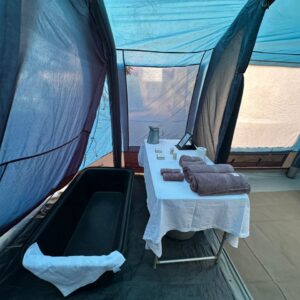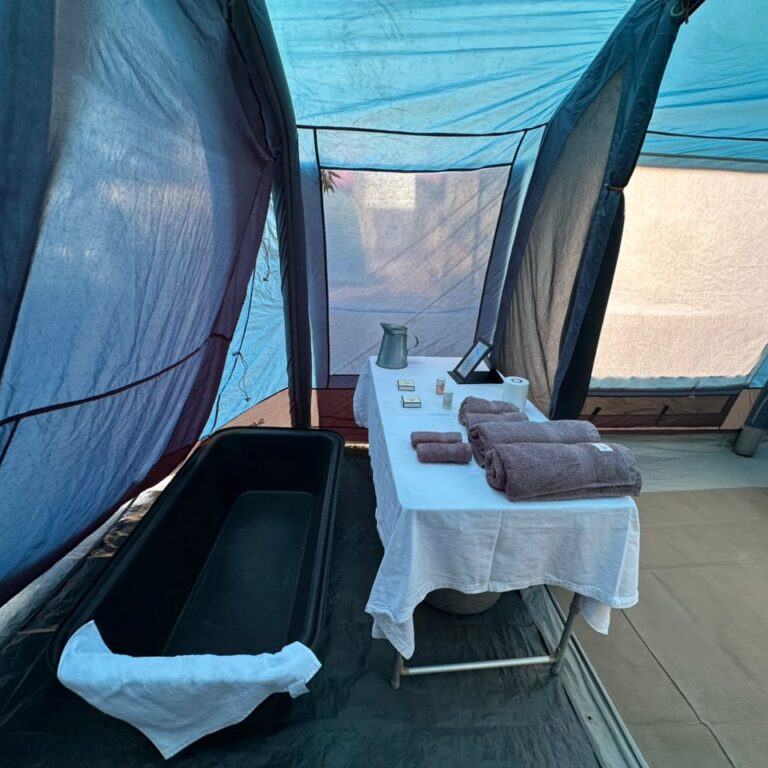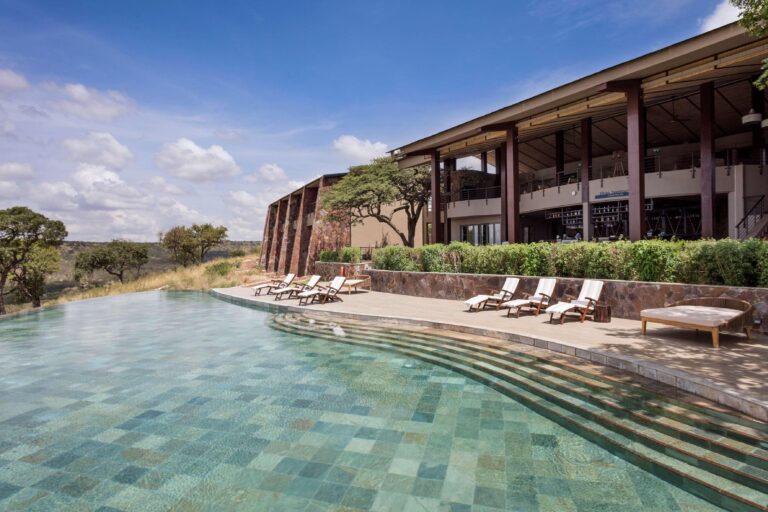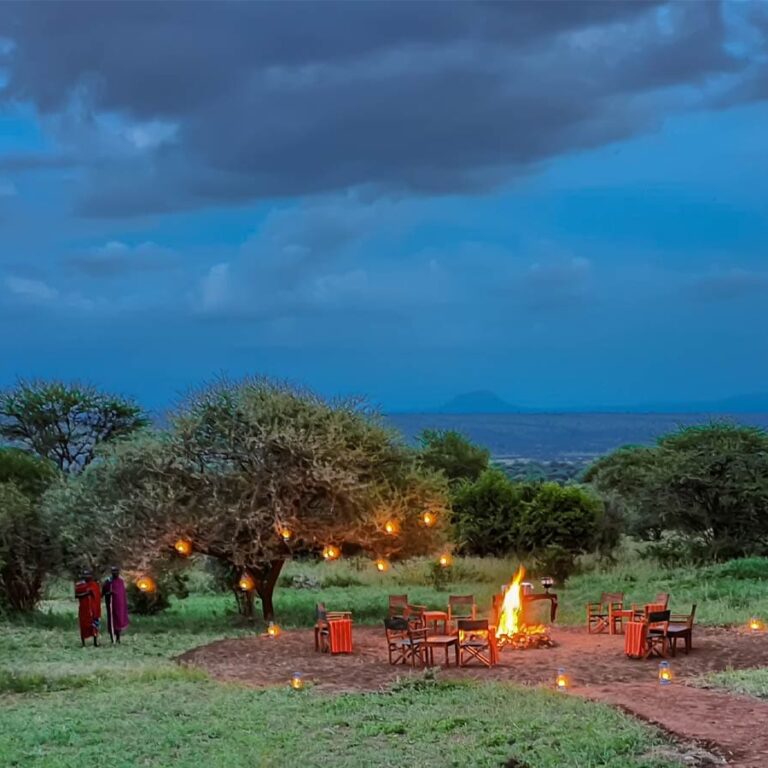From Aspiring Novice to Peak Conqueror: Beginner Tips for Your First Mountain Climb.
The call of the wild whispers – mountains beckon with snow-capped peaks and nice vistas, promising an adventure etched in adrenaline and awe Beginner Tips for First-Time Mountain Climbers. But for first-time hikers, that whisper can turn into a daunting roar. Fear not, aspiring mountaineers! Before you lace up your boots, heed these beginner tips and transform your mountain dreams into a triumphant reality:
1. Know Your Terrain: Beginner Tips for First-Time Mountain Climbers
- Start Small: Don’t tackle Everest on your first try. Choose a beginner-friendly mountain with established trails and manageable elevation gains. Research weather patterns, terrain difficulty, and any necessary permits.
- Seek Local Knowledge: Talk to experienced hikers or guides familiar with the mountain. .Free beginner tips for first time mountain climbers. They can provide invaluable insights on routes, equipment needs, and potential challenges.
2. Gear Up, Conquer Smart:
- Invest Wisely: Don’t skimp on quality footwear and outerwear. Five Tips for First-Time Mountain Climbers. Sturdy waterproof boots, layered clothing for diverse temperatures, and a rainproof shell are your silent allies. Rent high-end gear like backpacks and crampons if budget-conscious.
- Comfort is Key: Break in your boots before the climb. Choose clothing that allows for movement and layering. Remember, discomfort can quickly drain your energy on the trail.
3. Train Your Body, Embrace the Mountain:
- Build Your Base: Don’t underestimate the physical challenge. Beginner’s guide to mountaineering: 8 how-to steps. Engage in cardiovascular exercises like running, swimming, or cycling. Practice uphill hikes with your planned backpack weight to mimic the climb.
- Mental Muscles Matter: Prepare for self-doubt, fatigue, and unexpected weather. Essential Tips for Beginner Mountain Climbers. Visualize your goals, practice positive self-talk, and be ready to adapt to changing conditions. Beginner Tips for First-Time Mountain Climbers. Remember, mental strength is crucial for pushing past your limits.
4. Fuel Your Engine, Respect the Rules:
- Pack Nutritious Powerhouses: Choose easily digestible snacks and meals rich in carbs, protein, and healthy fats. Avoid processed foods and excessive alcohol, which can worsen altitude sickness. Pack regular, small meals to keep your energy levels stable.
- Hydration is Your Lifeblood: Aim for at least 3 liters of water daily, even before feeling thirsty. Beginner Tips for First-Time Mountain Climbers. Electrolyte supplements can be your hydration allies. Dehydration at altitude is dangerous; keep your engine well-oiled.
- Leave No Trace: Pack out all your trash, choose eco-friendly products, and avoid disturbing the ecosystem. Remember, you’re a guest on the mountain’s majestic slopes. Respect its beauty and leave it pristine for future adventurers.
5. Embrace the Climb, Not Just the Summit:
- Savor the Journey: Don’t just focus on reaching the top. Climbing Your First Mountain: A Full Beginner’s Guide. Mountain Climbing Tips for Beginners.. Take time to appreciate the lifetime landscapes, diverse ecosystems, and unique wildlife encounters. The climb itself is an adventure worth cherishing.
- Connect with Fellow Climbers: Share stories, support each other, and celebrate milestones together. Teamwork and camaraderie can make the climb a truly enriching experience.
- Embrace the Unexpected: Things rarely go exactly according to plan. Be prepared for detours, challenges, and unexpected moments of wonder. These can often become your most treasured memories.
- Remember, conquering a mountain is about more than just physical prowess. It’s a test of resilience, a celebration of spirit, and a connection to the raw beauty of nature. Pack your determination, prepare with wisdom, and step onto the mountain with an open heart and a thirst for adventure. These tips are not just a checklist, but a whisper of respect for the mountain’s magic. The summit awaits, ready to reveal its secrets to those who climb with responsibility, resilience, and the unwavering spirit of a true adventurer.
- Conquer the mountain, conquer yourself, and leave your footprints not on the slopes, but on the tapestry of your memories.
What are the essential gear and equipment for a beginner mountain climber?
Essential gear includes sturdy hiking boots, weather-appropriate clothing, a backpack, navigation tools (map, compass, or GPS), water bottles, high-energy snacks, a first aid kit, and weather-appropriate gear like a jacket and hat.
How physically fit do I need to be before attempting a mountain climb?
While a good level of fitness is crucial, specific requirements depend on the difficulty of the climb. Start with easier trails, gradually increasing difficulty. Consult a healthcare professional before attempting strenuous climbs, especially if you have pre-existing health conditions.
How do I choose the right mountain for my first climb?
Opt for beginner-friendly mountains with well-marked trails and lower elevations. Research the difficulty level, weather conditions, and accessibility. Popular beginner mountains often have established routes and a supportive hiking community.
What safety precautions should I take as a first-time mountain climber?
Always check the weather forecast, inform someone about your plans, and carry essential safety gear. Follow Leave No Trace principles, stay on marked trails, and be aware of your surroundings. In case of emergencies, know how to use your gear and have a communication plan.
How should I acclimate to high altitudes as a beginner?
Gradual acclimatization is crucial. Spend time at higher elevations before attempting a summit. Hydrate well, avoid alcohol, and pay attention to your body. If you experience symptoms of altitude sickness, descend immediately.
What is the best time of year for a beginner to start mountain climbing?
The best time varies based on the location. Generally, late spring to early fall is preferable for most regions. Check local conditions and trail accessibility, and be prepared for weather changes.
How do I train for my first mountain climb?
Focus on cardiovascular fitness, leg strength, and endurance. Incorporate hiking into your routine, gradually increasing difficulty. Practice with your gear before the climb. Consult a fitness professional for a personalized training plan.
Can I climb a mountain alone as a beginner?
It’s advisable for beginners to climb with experienced partners or join guided tours. Solo climbing requires advanced skills and experience. Having companions enhances safety and provides support in case of emergencies.
How do I navigate on the mountain trails?
Learn basic navigation skills using a map and compass. Mountain Climbing Safety Tips. Familiarize yourself with trail markers and signs. GPS devices and mobile apps can be useful, but always have a backup plan in case of technical failures.
What should I do if I encounter wildlife during my climb?
Respect wildlife from a safe distance. Do not feed or approach them. Make noise to alert animals to your presence. Familiarize yourself with local wildlife and proper behavior in their habitats.








